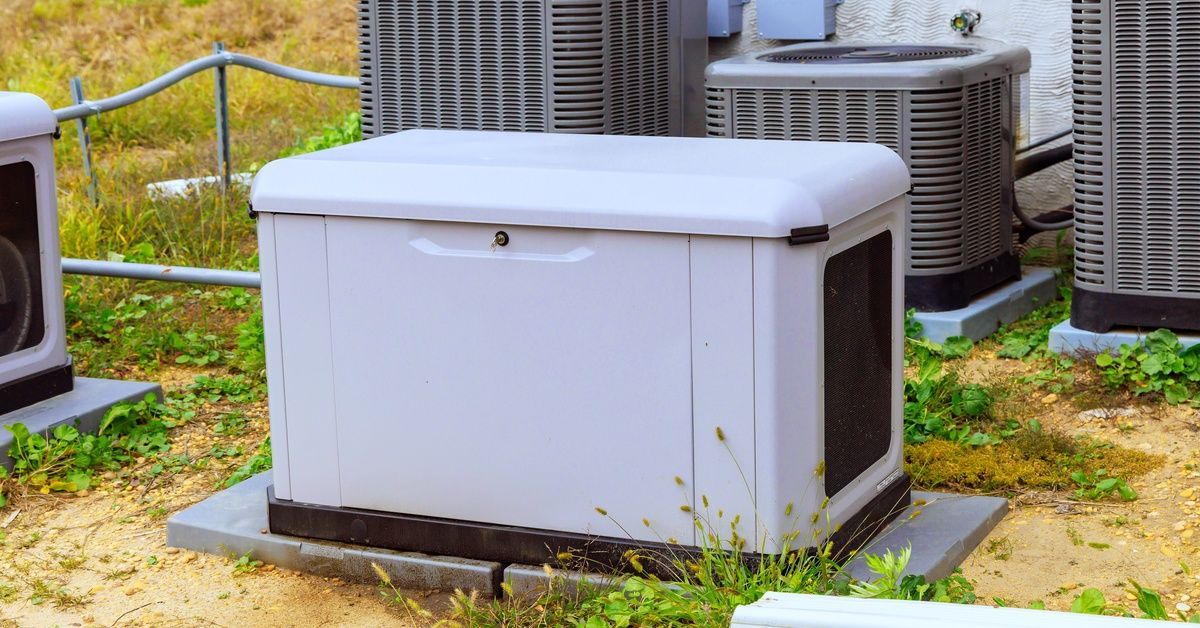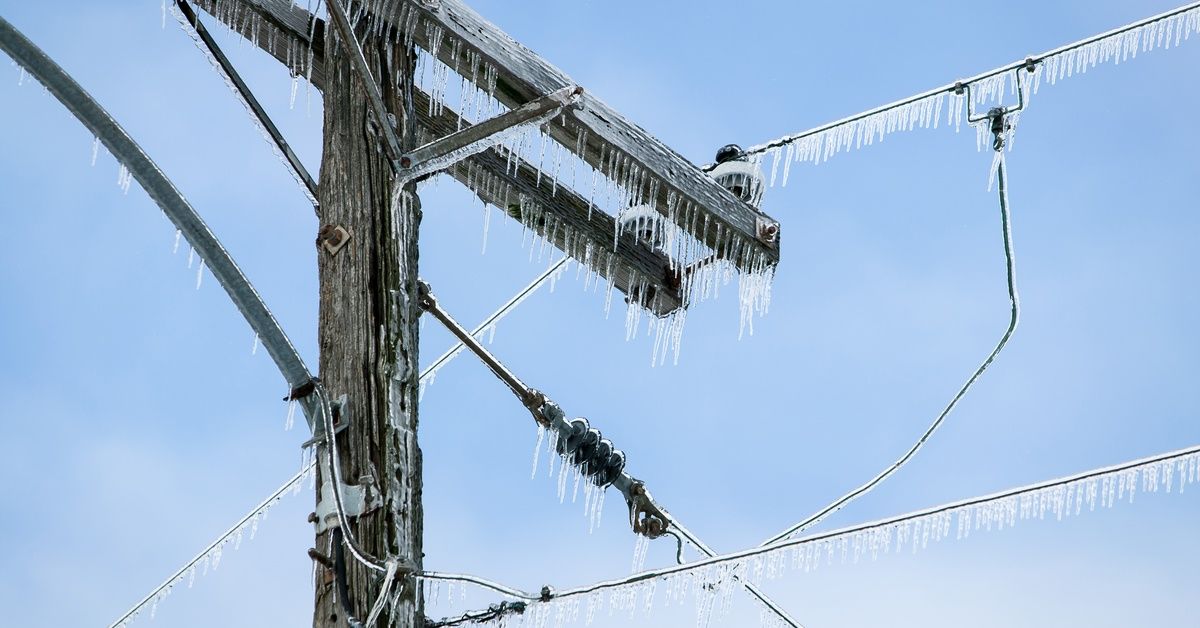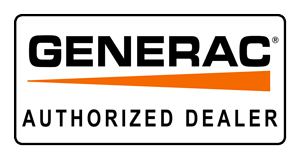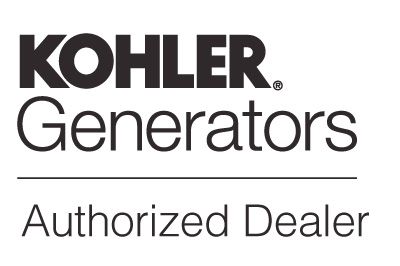The Evolution of Home Generators: A Historical Perspective
Generators are revolutionary devices that protect households from power outages and associated safety hazards. But have you ever wondered how standby generators were invented and how they became more efficient? We'll explore a historical perspective of how home generators have evolved over time, from their earliest forms to the modern marvels we rely on today.
Invention of Electromagnetic Induction
The invention of the home generator can be traced back to 1831, when Michael Faraday discovered electromagnetic induction. This English scientist’s discovery laid the groundwork for modern electricity generation using a magnet moving around a copper wire coil. This discovery was pivotal, as it made it possible to convert mechanical energy into electrical energy.
First Dynamo Generator
Faraday's work inspired others, and in 1832, Frenchman Hippolyte Pixii created the first dynamo generator. Pixii’s hand-cranked device produced alternating currents (AC) when the pole of a horseshoe magnet passed over a coil with an iron core. Although rudimentary, it was a significant step toward the generators we use today.
Self-Excitation
One of the most important developments for generator evolution arose in the late 1860, when self-excitation came onto the scene. This advancement allowed generators to maintain a constant magnetic field without needing an external power source. German scientist Werner Von Siemens used this technology to produce generators through his company Siemens & Halske. Their Dynamo generator harnessing direct current (DC) power eventually came to market in 1875.
Evolving Efficiency
Belgian inventor Zenobe Gramme created the most efficient DC generator to date in 1871 with his Gramme machine. His dynamo was powerful enough to support motors and could produce power on a commercial scale. His invention was inspired by Antonio Pacinotti’s contributions to DC power in the 1860s.
Multi-Phase AC Generators
The late 19th century also saw the introduction of AC generators by Nicola Tesla. These generators used electromagnetic induction to produce a continuously changing flow of electricity, making it more practical for long-distance power transmission. The multi-phase AC generator spun several coils around electromagnets to generate currents out of step with each other to self-excite. This revolutionary innovation was crucial for the widespread adoption of electricity in homes and power plants.
Modern Generators
Several technological advancements in home generators made by leading brands have occurred throughout the 20th and 21st centuries. Some powerful advancements include automatic transfer switches, remote monitoring, and fuel efficiency. Modern generators ensure your home maintains power during outages, providing peace of mind and security.
From Faraday's discovery of electromagnetic induction to the sophisticated systems we use today, home generators have significantly evolved over almost 200 years. Today, they are essential for maintaining the safety, comfort, and peace of mind of homeowners. For professional installation and standby generator service, rely on NW Generator Pros. If you live in the greater Portland area, don’t hesitate to reach out to our team to ensure your family never has to endure another blackout.






